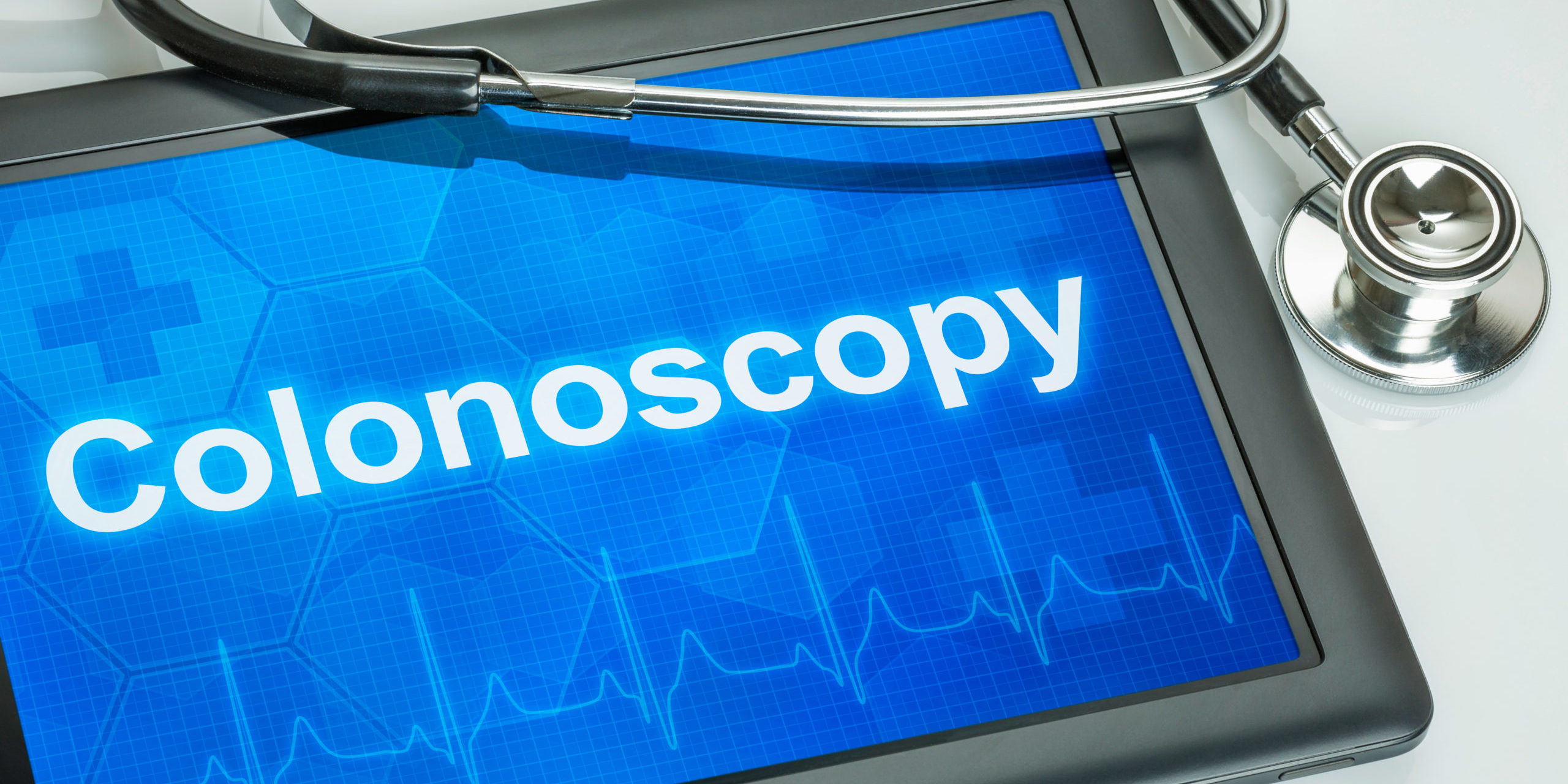As we celebrate Colorectal Cancer Awareness Month, we’re raising awareness about the screenings you should receive and at what age.
Around 50 years old, your provider will recommend that you have a colonoscopy, which is the best test to screen for and prevent colorectal cancer. What people dread most about having a colonoscopy is the preparation or “prep” that you must do beforehand.
To prep, you must empty your bowels so your gastroenterologist can clearly see the inside of your colon. The evening before the colonoscopy and the morning of the procedure, you drink a special laxative also called “prep” to help you empty your bowels. You also need to stick to a clear liquid diet to keep your bowels free of waste.
During your colonoscopy, your provider’s goal is to find and, if necessary, remove all tumors and colon polyps. By properly emptying the colon, your gastroenterologist has the best chance of finding tumors and hard-to-see colon polyps in their earliest stages.
“The fact that people think the colonoscopy prep is difficult is a myth, it’s not really difficult. We used to ask patients to drink very large volumes of prep, but the amount of liquid you must drink now is much smaller. We ask patients to drink 64 ounces the evening before a colonoscopy and 32 ounces the morning of the procedure,” Dmitriy Kedrin, MD, PHD, a gastroenterologist at Elliot Health System, says.
Here’s a list of things you can do to help make your prep easier:
- Prepare for your prep. Twenty-four hours before you begin your prep, cut back on fiber. High-fibers foods such as things with seeds, nuts, breads, rice are harder to digest and can leave residue in the colon.
- Consume clear liquids only. The day before your colonoscopy, consume only clear liquids. That means you can have coffee without cream or sugar in it, clear broth, popsicles, tea, and even Jello. Instructions will be provided on how long you have to finish the two doses of the prep.
- Chill it, flavor it, and drink it through a straw. Many people find that it’s easier to drink their prep when it’s cold. Drinking through a straw also may help. Dr. Kedrin also recommends adding Gatorade or another flavored clear-liquid.
- Don’t sit around. Kedrin recommends not sitting around. Walk around or do some house chores to allow the prep to leave the stomach and move into the bowel to start the cleaning process that way.
- Finish the entire prep. You absolutely need to finish all of the prep. It is important to flush all waste and mucus from your system before your procedure. While the cleanse might be unpleasant, it is necessary.
For those concerned about experiencing nausea or being dehydrated, Dr. Kedrin says not to worry as these side effects are relatively rare. “If you do get nauseous from the prep, it may be because you drank it too fast. Moving around can also help reduce nausea. If you are prone to nausea, your provider may also be able to give you medication to reduce it,” Dr. Kedrin says.
He also says if you drink Gatorade or beverages that contain electrolytes, you can avoid dehydration. “The MiraLAX prep we use doesn’t deprive patients of water and the fact that you can drink as many clear liquids as you want the day before means you shouldn’t get dehydrated.”
Patients are urged to take the day off when they have a colonoscopy because the procedure could be scheduled any time of day, plus you are given medicine to make you comfortable. Following the colonoscopy, Dr. Kedrin says patients can eat anything they want. If the gastroenterologist finds certain things during the procedure, you may be put on a modified diet, but most people resume to their regular diet.
If the results come back clear, then Dr. Kedrin says most patients do not need any additional screenings for colon cancer for 10 years. The recommendation is that most people have a colonoscopy every ten years starting at age 50. There are certain exclusions, Dr. Kedrin says, African Americans should get screened earlier. Also, if you have a family history of colon cancer, you should get screened earlier.
“The guidelines are changing and could change this year to the age of 45. But, if you are aged 50 and you haven’t had any kind of colon cancer screening you should definitely talk to your primary care provider,” Dr. Kedrin says.
Schedule your colonoscopy today with The Elliot or Southern New Hampshire Health.
